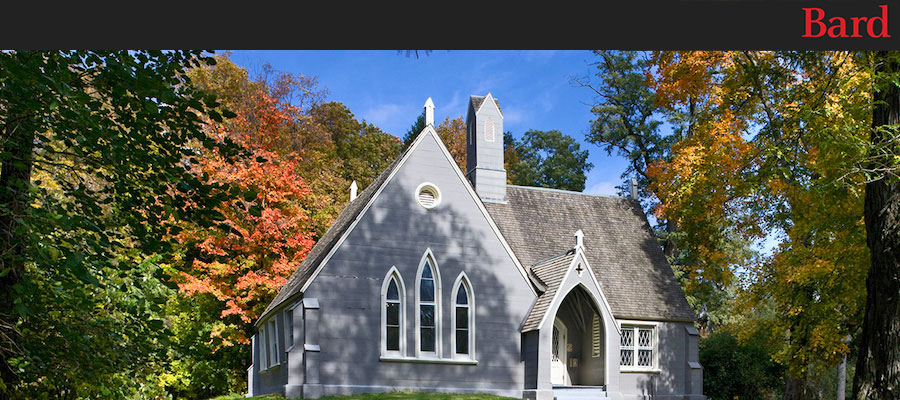The Historical Studies Program at Bard College invites applications for the college’s newly-established academic diversity postdoctoral fellowship. Applicants for this position may specialize in any aspect of the historical discipline, although a focus on Asian American history and/or the history of race and ethnicity in North America would be particularly welcomed. The College is looking for scholars who are methodologically innovative, testing the conventional limits of their respective disciplines; interdisciplinary in their approach; and producing engaged scholarship that connects research and teaching to social and political activism of various kinds. They should also be committed to excellence in undergraduate teaching and to participating in the intellectual life of a small Liberal Arts College. Eligible candidates will have received the PhD in the past three years, or may still be ABD, with a clear pathway to completion, at the time they take up the fellowship.
The purpose of the fellowship is to help advance the academic careers of promising early-stage teacher-scholars while increasing the diversity and enriching the intellectual vitality of our small, interdisciplinary Program and of the wider Bard College community. We are especially interested in receiving applications from individuals who are members of groups that historically have been underrepresented in the professoriate (including, but not limited to, Black, African American, Asian American, Native American, Indigenous, or Latinx candidates), and/or individuals whose experience, teaching, or research will contribute to diversity, inclusion and equal opportunity in the field of Historical Studies.
The fellowship is for a period of two years, beginning July 1, 2021. The teaching load is 1-1. The fellowship comes with a full-time salary, health benefits, and research funds of $2,000 per year, as well as additional funds and institutional support to organize an academic conference at Bard during the term of the fellowship. The Fellow will be provided with office space, a computer, and library access. The fellowship period will be dedicated to the scholar’s professional development, which will involve teaching one course each semester and, with support from the College, to curate/be responsible for public programming drawing on an area of specialty in one semester of the 2nd year.
